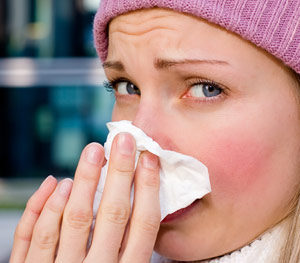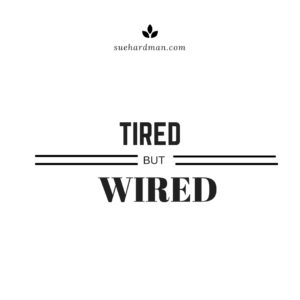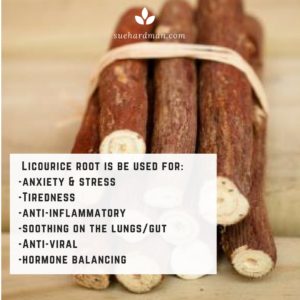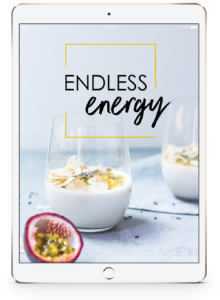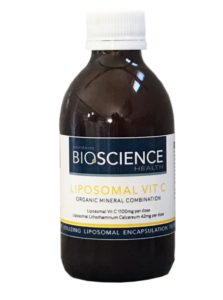Could Low Stomach Acid Be The Reason For Your Gut, Low Energy & Skin Issues?
The gut is the key to your vitality and therefore your ability to digest, absorb, assimilate and eliminate waist is critical.
Sadly, many people never ask the question “Is my stomach functioning properly?” And as a result we can make all kinds of unnecessary dietary changes and spend loads of money on supplements that might have been avoided.
So, have you tested yourself for low stomach acid?
The answer is most likely “no,” because stomach acid is one of the MOST UNDER- LOOKED areas and I cannot stress how important this is…as almost 70% of the people I work with have low stomach acid.
When I started taking betaine HCL for low stomach acid, I was surprised at the huge difference this has made. It is one of the most helpful supplements I’ve come across and it has significantly helped improve my own digestion.
Common Signs You May Have low Stomach Acid
Your gut is a key and as Hippocrates put it, “All disease begins in your gut.” So if your gut’s not happy, it could be the reason for your…..
….Bloating? Wind? Cramps? Heartburn? Loose Stools? – messages from your body that there’s something going on in your gut and it’s time to do something about it?
In some cases poor gut health and digestive disturbances could be the root cause of seemingly UNRELATED symptoms.
You may also be struggling with:
- Achy joints, fibromyalgia, osteopenia, osteoporosis
- Hormone imbalances – hot flashes, loss of libido, PMS and painful menses. Extra pounds around your waist
- You might feel tired and rundown
- Moody, irritable, sad
- Insomnia, poor memory & concentration,
- Dull lifeless skin & hair
Why Is Stomach Acid So Important?
Stomach acid or hydrochloric acid (HCL) is responsible for sterilising any food that enters your gut and it breaks down protein.
Low stomach acid creates a cycle of poor digestion, gut inflammation, microbial over- growth, leaky gut and lowered nutrient absorption. The only things that can break this loop is to reduce stress and support adequate stomach acid production.
The Problem With HAVING Low Stomach Acid:
When your body doesn’t produce enough stomach acid, it’s unable to digest protein molecules. These partially digested protein molecules enter your small intestine, and will start to irritate your gut lining and can lead to ‘leaky gut syndrome’.
Poor digestion also creates an environment in your gut that can result in small intestinal bacterial overgrowth (SIBO), candida overgrowth and parasitic infections.
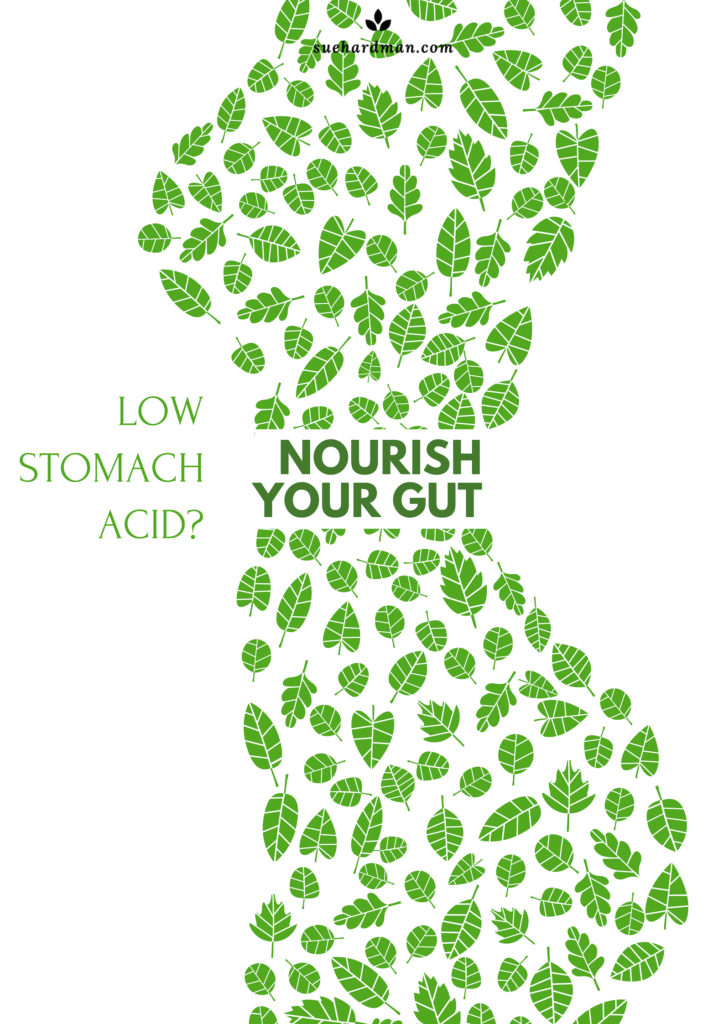 When your food is not digested properly it can lead to increased inflammation that depletes key minerals and leads to an inability to form stomach acid and the vicious cycle continues.
When your food is not digested properly it can lead to increased inflammation that depletes key minerals and leads to an inability to form stomach acid and the vicious cycle continues.
Some Causes of Your Low Stomach Acid:
This could be anything from stress, poor diet, bad relationships, bad posture, constant worry and fear and overuse of medications.
1) Medication – increase your intestinal inflammation, stress hormones and a reduction in HCL production.
2) Chronic Stress impairs your ability to produce HCL and other digestive juices.
Proper digestion depends upon us being more in the parasympathetic (Rest & Digest) state, whereas chronic stress puts us in a sympathetic (Fight or flight) state, causing POOR digestive function.
4) A diet high in processed foods, sugars, grains, alcohol and caffeine etc. Can result in mineral deficiency that is needed for the production of HCL
5) Eating Too Quickly – when you’re in fight or flight mode. You should feel relaxed before and after eating.
6) Small Intestinal Bacterial Overgrowth – there is a HUGE connection between SIBO and low stomach acid levels.
7) All our systems slow down as we get older, and so does the production of HCL! If you’re over 50 years, I highly recommend you do the test to check your HCL levels
8) Food sensitivities cause stress in your body, which puts your body into chronic fight or flight. The most common offenders to consider avoiding are gluten, corn, soy, eggs, peanuts and pasteurised dairy.
If you do have a wide number of food sensitivities than it is a good bet you have low HCL.
Taking this simple inexpensive DIY test that can tell you a lot about the ability of your stomach to digest.
The Baking Soda Stomach Acid Test:
This test is a simple chemical reaction in your stomach i.e acid + base = gas + water. Baking soda ( the base OH-) + your stomach acid (HCL or acid H+) should produce carbon dioxide gas (CO2) and result in a burping effect.
To improve the accuracy, perform this test on 3 consecutive mornings to find an overall average and test first thing in the morning before eating or drinking anything.
Here is How You Can Do The Test:
1. Mix 1⁄4 tsp of baking soda in 120ml of water, first thing in the morning before eating or drinking.
2. Drink the baking soda solution
3. Time how long it takes for you to burp. Go up to 5 minutes. If you’ve not burped within 5 minutes then it would be a sign of insufficient stomach acid production.
If you have early and repeated belching than it may be due to too much stomach acid. However, it is important not to confuse these with small little burps from swallowing air when drinking the solution.
In the end, knowledge is power when it comes to your health. Take the time to understand how your stomach works and it just might change your life. Addressing low stomach acid might be one of the first places you could look to improve digestive health, heal leaky gut and reduce overall stress on the body.
The “4 R’s” program to Repair Your Digestive Function
This is the same program I use with many clients with a variety of health and digestive issues.
- Remove: Food is the number one thing to to look at first when it comes to imbalances.
Eliminate known food allergens such as gluten, dairy, eggs, soy, peanuts, etc. Alcohol, caffeine and NSAIDS should be avoided as well. “removal” of pathogens such as: (an overgrowth of) yeast, parasites, harmful bacteria, viruses, protozoa, etc. is part of the “remove” step.
In serious cases a stool analysis will diagnose infections that can be eliminated with natural medicines or medications.
- Repair: Repair the intestinal barrier.
- Replace: Adding dietary supplements if necessary to improve digestion of food, like Betaine HC. Get in touch if you would like to order this supplement- [email protected]. We can deliver anywhere in UK and South africa.
- Reinoculate: Probiotics that contain friendly bacteria such as lactobacillus and bifidobacteria are taken to reinoculate proper bacterial colonies.
If you’d like to know more about this programme, contact me at [email protected]
In my








